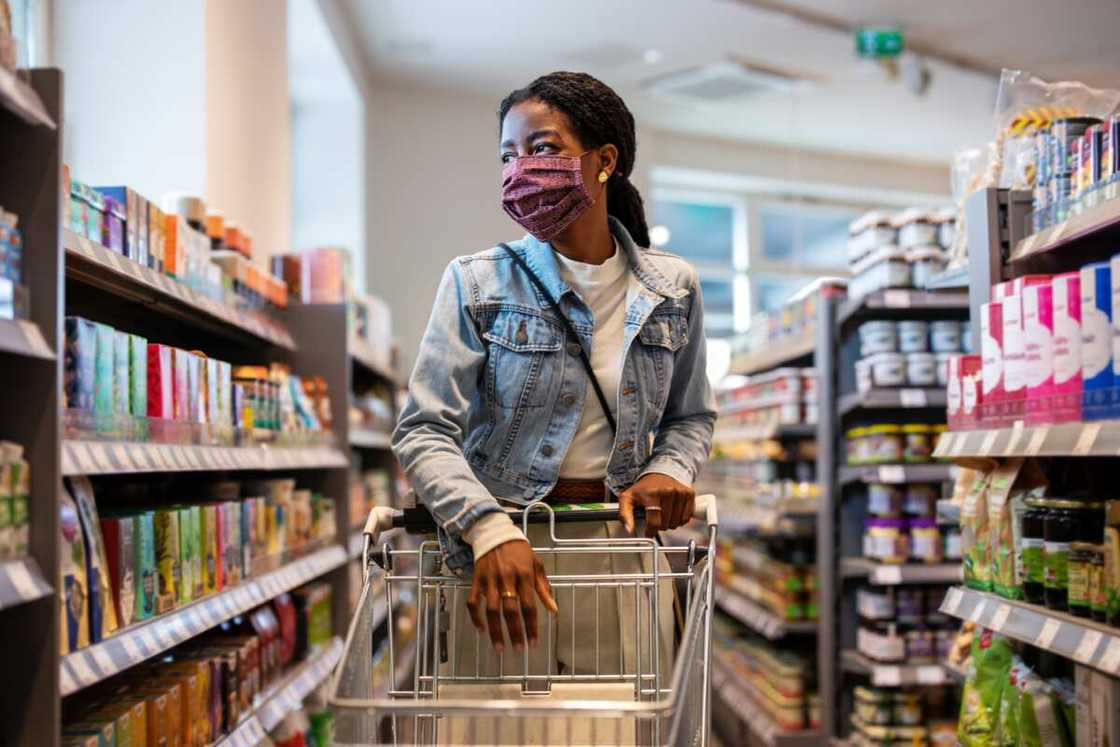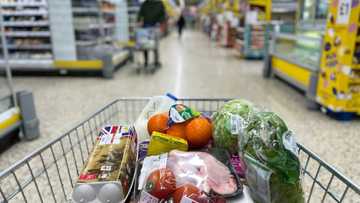Nigerian Consumer Firms Struggling to Sustain Cashflow, Despite Huge Sales As Nigerians Buy on Credit
- Nigerian consumer companies are making sales, but the cash is not flowing in as expected as citizens are buying more credit
- This is leaving the companies struggling to sustain cashflow to seek alternative means of continuing operation
- Some of the companies struggling with weak cash flow are players in the beverages and food industry
PAY ATTENTION: Click “See First” under the “Following” tab to see Legit.ng News on your Facebook News Feed!
Nigerian companies in the beverage, food and other consumer business listed on the Nigerian exchange have reported huge sales of N504.7 billion in the first six months of 2022.
This represents a 300.3% increase in sales when compared to N126.08 billion reported in the same period of 2021, Nairametrics reports.
The irony is that they are selling, but the cash is not coming in, which leaves them with high receivables from customers.

Source: Getty Images
The companies are Dangote Sugar Plc, Nascon Plc, Unilever Plc, Nestle Plc and Cadbury Nigeria Plc.
PAY ATTENTION: Subscribe to Digital Talk newsletter to receive must-know business stories and succeed BIG!
The likes of Guinness, BUA foods and Nigerian Breweries also reported huge sales.
However, data obtained from most of these companies financials show a negative cash flow except for Dangote Sugar Plc.
What is Cash flow
Cash flow is the amount of cash that comes in and goes out of a company. A huge negative net cash flow shows more sales and less money.
The ratio is a good indicator of earnings quality because it only includes transactions involving the actual money transfer.
This is because cash is the lifeblood of any business. It offers strength, vitality, flexibility to make investment decisions, and the fuel to run its growth engine.
But Nigerians' continuous dwindling economic power driven by high inflation and unemployment makes spending pretty difficult.
This has forced many companies to relax their credit policy for more sales by partnering with banks; others in offering a buy now pay later facility.
Breakdown of customer debt to companies
Cadbury Nigeria Plc, a listed food and beverage maker, reported that negative receivable from customers currently stands at N2.84 billion.
- BUA- N16.87bn
- Nestle- N29.9 billion
- Nigerian Breweries N7.40bn
- Guinness- N405.35m
Expert speaks
The Director Research of Research and Strategy at Chapel Hill Denham, Tajudeen Ibrahim, said that the role of poverty and worsened inflation has dealt a great blow to the consumer sector.
He said:
“Poverty plays a crucial role in the development we are seeing in the consumer sector."
FG releases names of 19,847 companies that can apply for its contract in 2022
In another report, the Federal Government produced a list of 19,847 Nigerian firms eligible to bid on ministry contracts.
The list was produced based on companies' compliance with employee pensions and insurance.
The companies listed include the media, health and agriculture, and banks, among several others.
Source: Legit.ng





